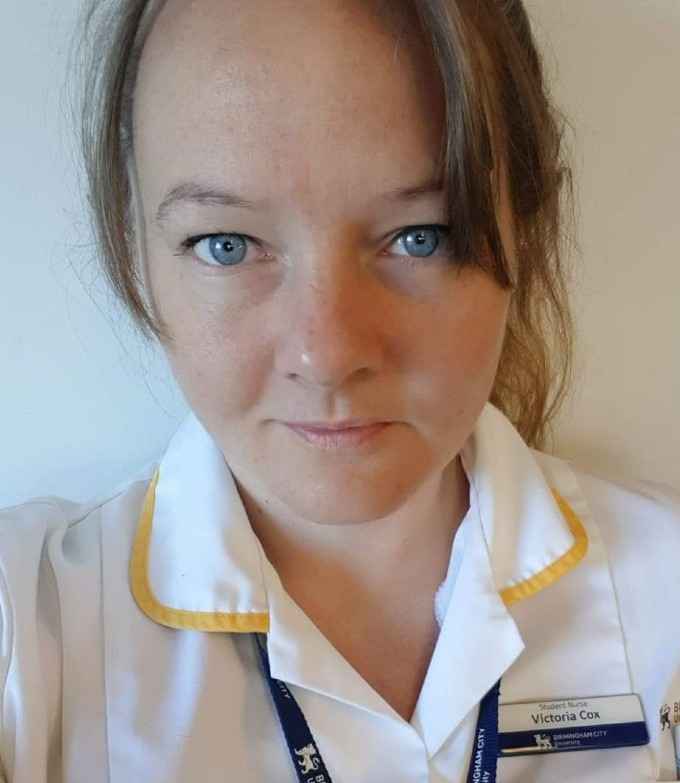Feeling nervous and worried about COVID-19 is normal. You don’t need to be in crisis to seek support
If you’re finding life tough as a result of the unique challenges COVID-19 has brought, you’re simply being human.
Feeling stressed, anxious and extremely pressured are normal reactions to exceptional situations. But there are other psychological
consequences of COVID-19 which may not be so immediately obvious.
An increase in cases of post traumatic stress disorder (PTSD) among health care workers is likely once the pandemic is past. Catherine Gamble, RCN Professional Lead for Mental Health, says PTSD can threaten anyone who has witnessed stressful, distressing or frightening events. “History suggests that we will be seeing it among nursing staff,” she says.
Sarah Murphy, who co-ordinates the RCN counselling service, agrees. “We know that things like trauma and PTSD will come to us further down the line.” There is also the risk of so-called moral injury – psychological distress arising from a sense that, for whatever reason, you feel prevented from doing your job properly and in line with your moral or ethical code. An example is having to tell family members not to visit a relative dying with COVID-19 because of the risk of cross-infection.
Moral injury is not a mental illness, but it can cause you to have negative thoughts about yourself – “I’m a terrible person” or “I feel so guilty”. Doctors writing in the British Medical Journal say it’s these symptoms that can give rise to mental health difficulties, including depression, PTSD, and even suicidal thoughts.
You’re doing the best you can in difficult circumstances
So, what can you do to help protect your mental health? A sensible first step is to make good use of your downtime.
Try yoga, running, baking – anything that distracts you from work and helps you switch off. And focus on the basics of self-care, Sarah says, including sleep, hydration and healthy eating. Stay connected to friends and families, whether virtually or in person, she adds. “That’s really important.”
Small things matter too, says Catherine. “It’s about looking out for each other, being kind and courteous, and recognising what everybody at work brings to the table. There’s value in not being critical of each other and each one of us saying: ‘You’re doing the best you can in difficult circumstances’.”
Seeking out support now can help reduce the risk of problems later. “There’s something very powerful in talking about your vulnerabilities,” says Catherine.
“Once we’ve aired our anxieties, we’re better able to move on.”
“You don’t need to be in crisis to reach out for support,” says Sarah. “People sometimes think with counselling that you have to be in a bad place to approach our service, but that’s certainly not the case.”
'Covid snuck in and stole my patient'
Victoria Cox is a newly qualified hospice nurse. She shares her experience of caring for a patient with COVID-19
 John* came in for management of his deteriorating COPD. He was funny and we got on really well. He was managing alright but then started coughing so we had to isolate him while his swab was tested for COVID-19. We barrier nursed him and he got a bit down in the dumps. But the swab came back negative.
John* came in for management of his deteriorating COPD. He was funny and we got on really well. He was managing alright but then started coughing so we had to isolate him while his swab was tested for COVID-19. We barrier nursed him and he got a bit down in the dumps. But the swab came back negative.
Then I was off with symptoms of COVID-19. While I was away, he was swabbed again and it was positive. The day I went back, I was working on the other wing but I went to say hello and his face lit up. I said I’d go back after my shift. But I didn’t. By my next shift, two days later, he had died. I was in handover when I found out. I felt complete disbelief, but I just had to deal with it.
I’m going to feel guilty about John for a long time - guilty because I didn’t go back and talk to him. I simply assumed I’d see him again. My heart was broken and I was full of shame. Covid snuck in and stole my patient before I even knew he was deteriorating.
*Not real name
What to expect from team leaders
Guidance from the World Health Organization (WHO) says by protecting staff from chronic stress and poor mental health, managers can help ensure you’re better equipped to undertake your role. It says leaders should:
- ensure you’re given the latest information about the
effects of the pandemic in your workplace - partner junior team members with more experienced colleagues
- rotate staff from higher to lower-stress functions
- initiate, encourage and monitor breaks
- ensure staff have time to offer support to each other.
View the WHO's mental health guidance during the pandemic for more information.
Get help...
Read more about COVID-19 and your mental wellbeing.
Access the RCN counselling service.
Read about how the RCN Counselling Service is offering trauma-focused therapy to RCN members.








